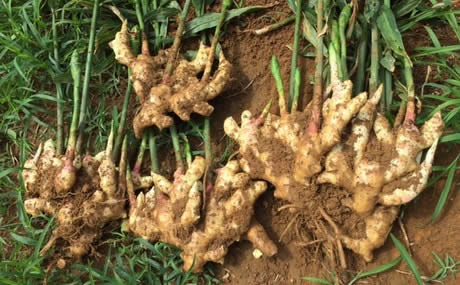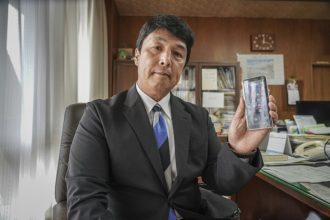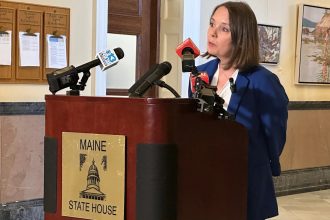The National Ginger Association of Nigeria has commended the Federal Government for releasing N1.9bn in palliatives to cushion the devastating impact of the ginger blight disease that ravaged farmlands in 2023.
The association’s National President, Nuhu Dauda, gave the commendation at a stakeholders’ meeting and inauguration of new members in Kaduna on Sunday.
Dauda said the timely intervention, facilitated by the Ministry of Agriculture and Food Security, brought relief to thousands of farmers who had suffered massive losses.
“The minister acted with dispatch. That is why we successfully had some support from the Federal Government, where they spent around N1.9 billion to support ginger farmers by way of providing palliatives,” he said.
He, however, stressed that while the assistance was appreciated, it remained inadequate compared to the scale of the damage, as about 80 per cent of ginger farmers were affected by the blight.
He reaffirmed the urgent need for a two-pronged strategy: full compensation for affected farmers, and sustainable disease control that would allow ginger cultivation to resume without fear of recurrence.
Dauda said, “We cannot allow this to continue. That is why all stakeholders have come together to find a solution. Up till today, the government is still trying to see, to find a solution to see the loss is being compensated. But we are not only talking about the compensation, but let us continue, let the farmers continue to farm ginger and let the blight disease come to a final halt.”
The association also announced a strategic partnership with global agribusiness firm, Dimitra International, to introduce modern farming solutions and prevent future outbreaks. Through the collaboration, 6,000 ginger farmers are expected to benefit from improved practices and government-backed support.
Also speaking, the President of the Dawano Market Development Association and a board member of the Ginger Association, Alhaji Muttaka Isah, lamented the hardship endured by farmers over the past five years.
He noted that Nigeria, once the world’s second-largest producer of ginger, had lost ground internationally due to recurring outbreaks.
“We want to reclaim that position. The government must assist with empowerment to revive this important industry,” he said.
Stakeholders at the meeting agreed that beyond short-term palliatives, lasting solutions and empowerment were vital to restore farmers’ livelihoods and reposition Nigeria as a global leader in ginger production.









